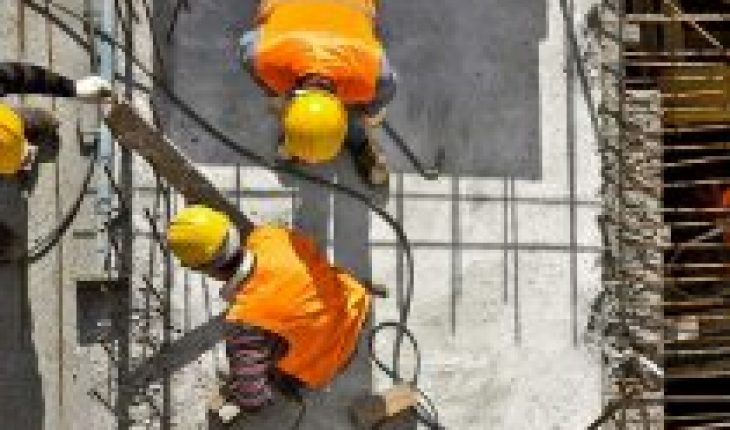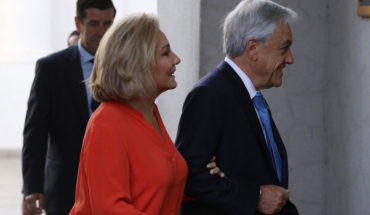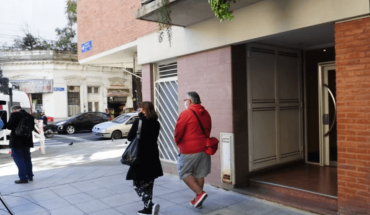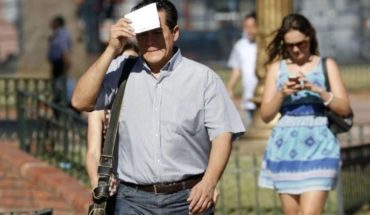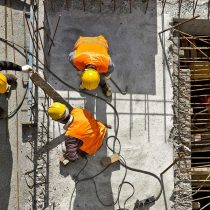
We’re facing a catastrophic situation. What the President of the Medical College named in January of this year as the “most daunting possible” scenario is now a consummate reality: contagions have overcome the 9,000-a-day barrier, crudely impacting our dismantled and sustained public health system on precarious and hyper-exploited work, exhausted after a year of pandemic.
But the health crisis is just one aspect of the more general crisis we are going through. A political, social and economic crisis in which the lives of large majority of the population have been increasingly precarious. The direct precedent of the revolt in October is that, in the face of this growing precariousness, the current government has offered only adjustment policies and responded through repressive violence against those exercising their right to protest.
For a paradigmatic example, let’s look at what’s happening today in Florida, in its precordillerano sector. There is the Panul Forest, the last native forest in Santiago under the thousandth level, a huge cloth that belonged to National Goods until in 1977 it was topped to a single bidder: Vicente Navarrete Marinot, close friend of dictator Augusto Pinochet, who bought the 543 hectares of land in a million pesos of the time, the equivalent of 17 million pesos today.
In the foothills of that privatized territory, continually besager by the attempts at urbanization that have continued to advance despite the empty promises of the current mayor, there is at this time a sound that does not stop. It is the sound made by construction workers who, in the middle of this pandemic, move on public transport to reach the intersection of Lo Cañas with El Hualle. These workers, prevented from being able to “stay at home” at times when we are called to consume exclusively “essential goods”, today risk their lives and that of their communities to build three apartment buildings taken from a suburban fantasy decorated with private parks and beautiful sunsets. This “essential work” takes place just three blocks from the intersection of María Angélica with Tobalaba, where the Take Dignity begins, the largest in the commune.
We call this health crisis management criminal management. There will be some who consider these to be untetheped epithets, but the data is undisputed. In this wealth-producing machine that refuses to stop, the death toll is increasing and comes disproportionately from the most precarious sectors. These deaths, as well as the lives affected by the various flanks of the crisis to which we refer, are not the consequence of the “irresponsibility” of the population to comply with the (extraordinarily erratic) health indications, but the direct result of the political, economic and health management carried out by this government with the complicity of parliament, as the data have repeatedly demonstrated. From this situation, we can only come out with a radical change in politics, and from social organizations and movements we are clear that this government will not be the one who can personify that necessary turn.
The content poured into this opinion column is the sole responsibility of its author, and does not necessarily reflect the editorial line or position of El Mostrador.

